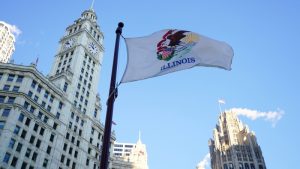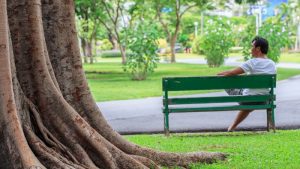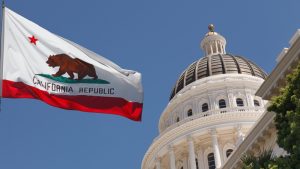The Baltimore City Office of Information and Technology recently released a report, “Broadband and Digital Equity: Progress, Success and Lessons Learned,” highlighting the city’s successes in closing the digital divide and advancing Baltimore’s Digital Inclusion Strategy.
The Niagara University has received $9.2 million in Federal funding to address barriers to digital equity faced by low-income individuals, aging populations, individuals with disabilities, and historically marginalized populations throughout the City of Niagara Falls, N.Y.
Connecticut has made significant progress toward its broadband goals, with access to gigabit-speed internet rising from 38 percent of locations in 2022 to nearly 87 percent by the end of 2024, a new report shows.
The city of San Diego has started work to develop a Broadband Master Plan with the ultimate goal of addressing internet access and digital equity across the city.
The Pennsylvania Broadband Development Authority (PBDA) will distribute more than 9,100 laptops to community institutions across the commonwealth to support residents who do not have access to digital technology.
The Oregon Broadband Office, through its Broadband Deployment Program, has announced it will award $133 million to support the construction and deployment of high-speed, reliable wired broadband internet service at more than 10,000 unserved locations in the state.
The Office of the Illinois Secretary of State – in partnership with the Illinois Supreme Court’s Commission on Access to Justice and The Chicago Bar Foundation – launched a new pilot utilizing local libraries’ technology to improve court access.
Natural Bridge State Park in Virginia has become the first state park in the country to install the RightHear Accessibility system which improves inclusivity and accessibility for people who are blind or have low vision.
As part of its efforts to close the digital divide, Mecklenburg County, N.C., is installing free public Wi-Fi at more than a dozen parks and recreation centers.
The California Department of Transportation (Caltrans) has launched a new equity tool that is designed to help ensure all Californians benefit from transportation projects, and identify communities most negatively impacted by the transportation system which can result in high rates of traffic, crashes, and air pollution, as well as limited transit options.










